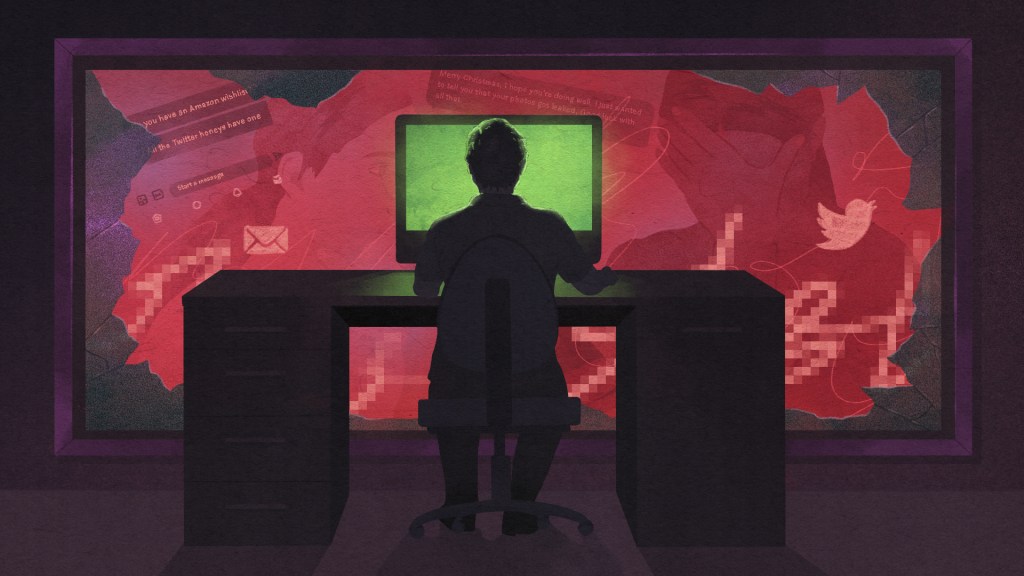David Cameron giving a speech in April 2010. Photo via Flickr/Andrew Parsons
The UK’s Conservative Party tried to delete a whole chunk of its online history by erasing an archive of speeches and press releases spanning a decade—and it’s scary how easily they did it.
Trade publication Computer Weekly broke the story and explained that, sometime before October 5, the Conservatives removed an archive of speeches from the year 2000 until May 2010 from their official website. They also altered their robots.txt file to stop search engines from accessing the deleted records. The robot blocker even prevents people from accessing the content through the Internet Archive’s Wayback Machine.
Videos by VICE
As a result, the public can no longer easily access speeches containing pre-election pledges. This comes just a week after prime minister David Cameron spoke up for government transparency at the Open Government Partnership Summit 2013, and announced a new commitment to open data. In an extra ironic twist, Computer Weekly pointed out that the scrubbed records included promises to use the internet to increase transparency and hold politicians accountable.
In a now-removed speech to the Google Zeitgeist Europe Conference in 2006, for example, Cameron told the internet giant, “You’ve begun the process of democratising the world’s information. Democratising is the right word to use because by making more information available to more people, you’re giving them more power.”
Of course, deleting something permanently from the web is notoriously difficult, and many of the erased documents are still accessible somewhere if you look hard enough. Some speeches are available from contemporaneous media reports (the Guardian has a copy of that Google Zeitgeist speech) and the British Library has been archiving the conservatives.com website since 2004 as part of its project to build a collection of the whole UK domain. But while the deleted pages might still exist somewhere in cyberspace, they’re a lot harder to find—and that puts a barrier between the public and what most people would consider important information.
Unsurprisingly, the Conservatives have denied this was their intention; a spokesman told media outlets, “These changes allow people to quickly and easily access the most important information we provide—how we are clearing up Labour’s economic mess, taking the difficult decisions and standing up for hardworking people.”



